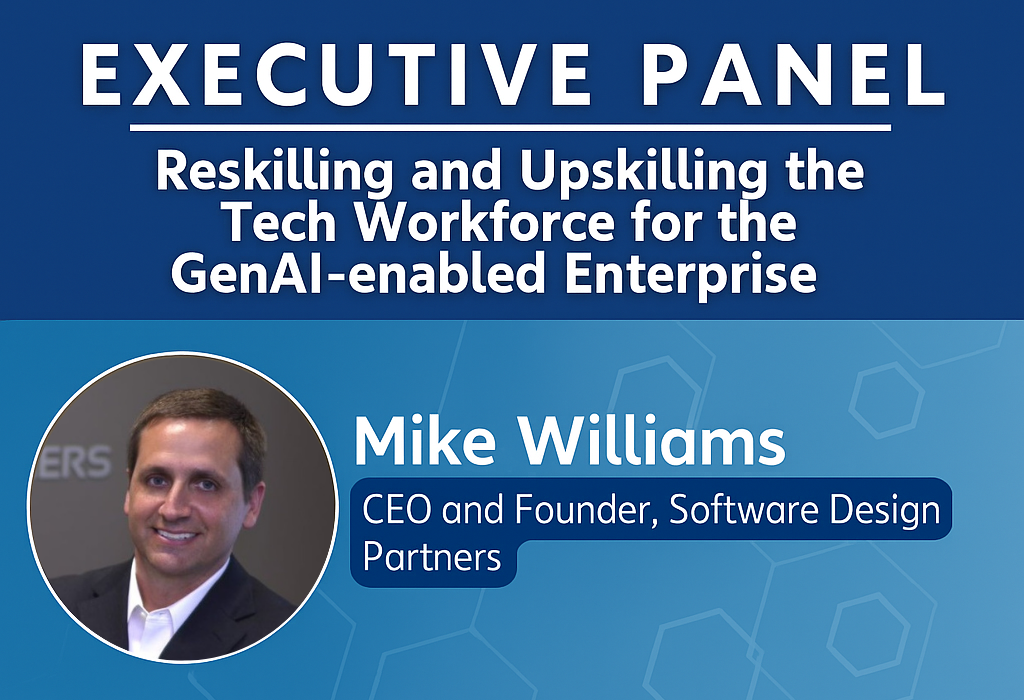I recently read the book, The Trusted Advisor by David H. Maister, Charles H. Green and Robert M. Galford.
The book really resonated with me as I have spent the majority of my career in Professional Services, and had an internal company blog titled the "Trusted Advisor" at one point.
My goal with the Blog was to help our technical team understand that their role goes far past their technical skills. I believe the value we provide to the Client is often more about being trusted by the Client than any "techie magic" we have up our sleeve. Being a Subject Matter Expert doesn't make you a trusted advisor.
It is a hard concept to grasp because if you have already mastered your discipline, you can do some research, hit the books, test a few dozen scenarios, and find the answer to most of your Client's technical issues and questions. But it is not so easy to gain the trust of your Client. That takes time and patience.
The theme of the book is:
"The key to professional success is not just technical mastery of one's discipline (which is, of course, essential), but also the ability to work with clients in a way as to earn their trust and gain their confidence."
That is so beautiful it almost brings tears to my eyes!
Here are my favorite points from reading "The Trusted Advisor":
- The trust must come first. You can't be a trusted advisor if nobody trusts you. Your Client must first trust you.
- "Trust does not happen without work, without volition, or without effort." Gaining trust is not going to be easy, and it doesn't happen overnight.
- "Trust is a two-way relationship." You have to build a relationship with your Client, and they must be a willing participant. If the Client doesn't reciprocate the relationship, you can still service them but not as a true trusted advisor.
- "Trust is personal." Your company name or "rock star" salesperson may get you in the front door of the Client, but only a trusted person can keep you there. Trust is about people and relationships.
- "It is not enough for a professional to be right: An advisor's job is to be helpful." The Client doesn't want you always to be right; they want to have input as well. The perfect scenario is when you can be "helpful" to the Client and let them make the decision.
- "Give me reasons, not just instructions!" This is a common mistake for a professional to make. I have found that Clients like people that explain what they are doing. The Client wants someone to take the time to listen to their ideas and questions and advise and collaborate with them.
- When you are working with a Client, remember that somebody within the Client’s organization chose to work with your company, and that person’s reputation and career might be hedging on your company delivering a successful solution. There can be a lot of anxiety and stress. The trusted advisor must be able to walk the fine line of building the relationship with the Client but also providing visibility into issues that may result in difficult discussions.
- "Your job is not just to assert conclusions, but to help me understand why your recommended course of action makes sense." The book gives many recommendations on how news can be delivered diplomatically and sympathetically. My favorite from my personal experience is to say, "I disagree because…" instead of saying "No" or "You are wrong."
- "Clients don't always want advice; they often just want a sympathetic ear." I have often had the responsibility of handling situations when the Client was not happy. People need to get things off their chest, they want to be heard, and they don't want an excuse or reason. There are always two sides to the story, and often, the resolution is more about listening than proclaiming who was right or wrong.
And the best for last!
- "Does this mean that you actually have to care? Yes, you do actually have to care if you want to be a trusted advisor. If you want to merely be a vendor, you don't". I don't think there is much I can add to that. Maybe a good interview question would be; "explain the difference between a vendor and a trusted advisor."






